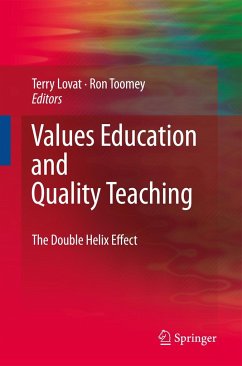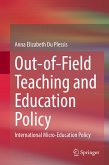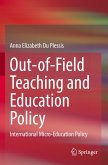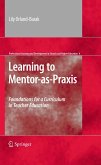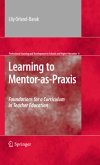Some revision of public schooling history is necessary to challenge the dominant mythology that public schools were established on the grounds of values-neutrality. In fact, those responsible for the foundations of public education in Australia were sufficiently pragmatic to know that its success relied on its charter being in accord with public sentiment. Part of the pragmatism was in convincing those whose main experience of education had been through some form of church-based education that state-based education was capable of meeting the same ends. Hence, the documents of the 1870s and 1880s that contained the charters of the various state and territory systems witness to a breadth of vision about the scope of education. Beyond the standard goals of literacy and numeracy, education was said to be capable of assuring personal morality for each individual and a suitable citizenry for the soon-to-be new nation. As an instance, the NSW Public Instr- tion Act of 1880 (cf. NSW, 1912), under the rubric of "religious teaching", stressed the need for students to be inculcated into the values of their society, including understanding the role that religious values had played in forming that society's legal codes and social ethics. The notion, therefore, that public education is part of a deep and ancient heritage around values neutrality is mistaken and in need of se- ous revision. The evidence suggests that public education's initial conception was of being the complete educator, not only of young people's minds but of their inner character as well.

